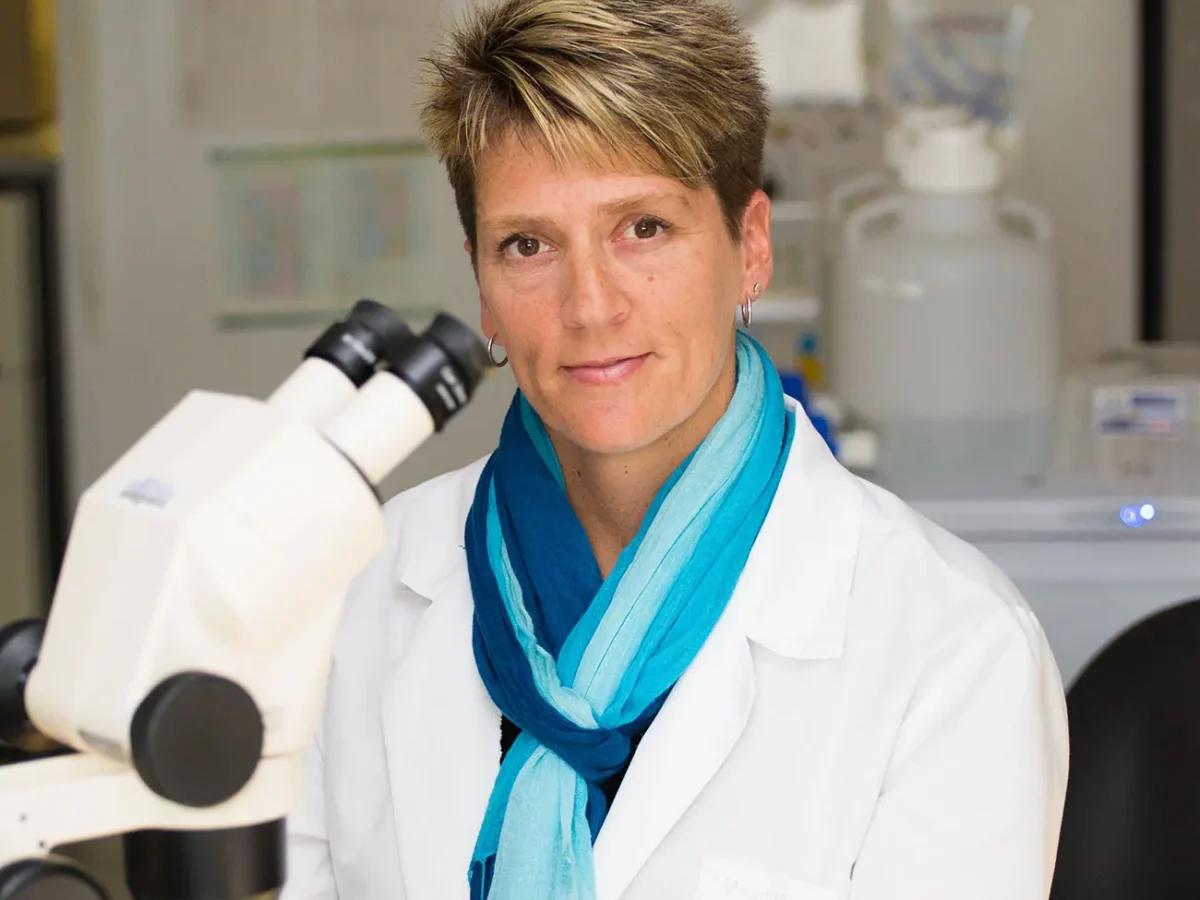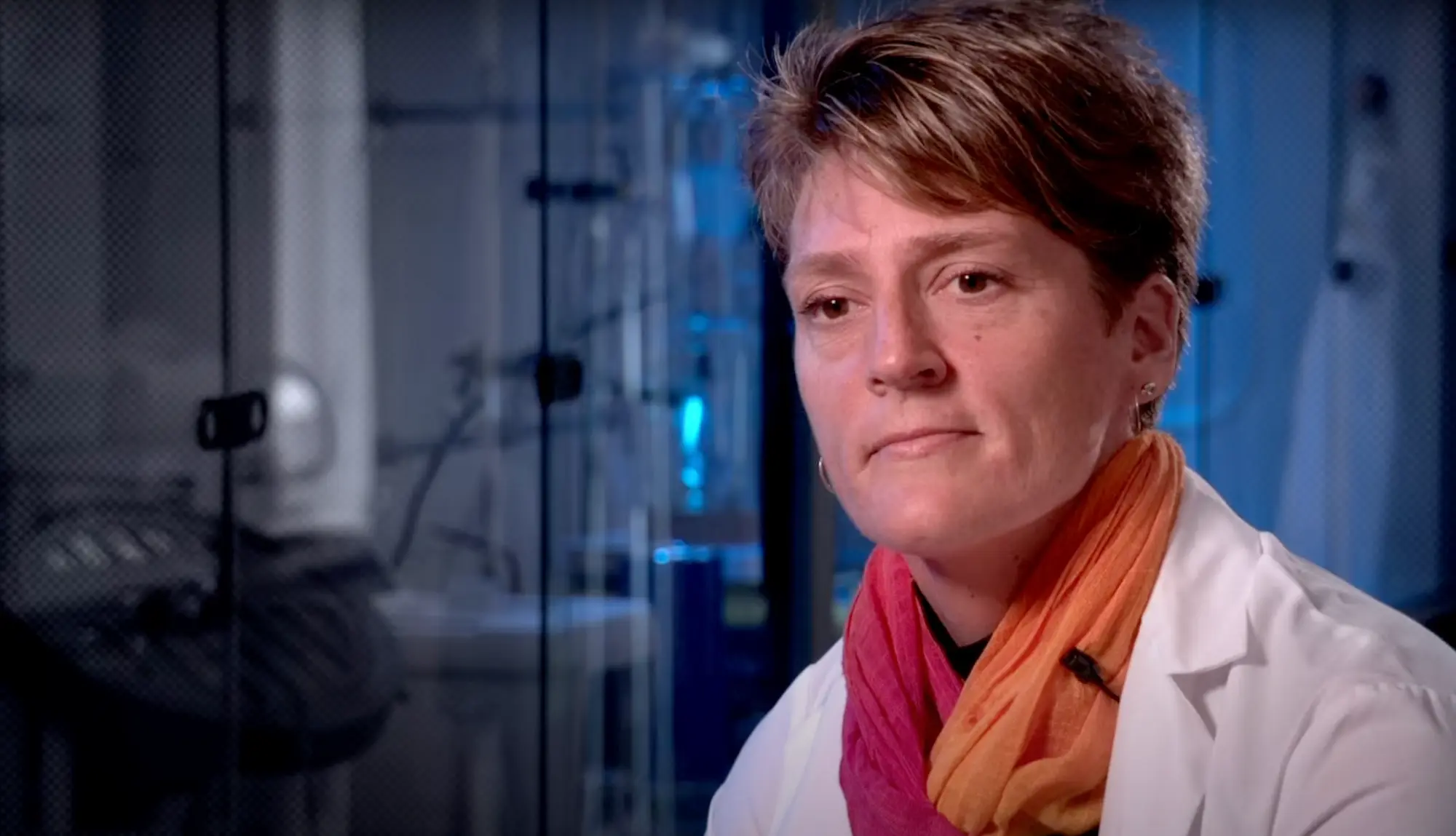Malene Hansen received her early training at the University of Copenhagen in Denmark. She received a Master’s degree in Biochemistry in 1998 and a PhD degree in Molecular Biology in 2001. During this time, Dr. Hansen worked as a trainee in several labs in the US, including the University of North Carolina in Chapel Hill, and The Scripps Research Institute, La Jolla. After her Ph.D, Dr. Hansen trained as a postdoctoral fellow in molecular genetics at the University of California in San Francisco. Dr. Hansen received postdoctoral funding from the Danish National Research Councils as well as an Ellison/American Federation of Aging Research Senior Postdoctoral Fellowship. Dr. Hansen was recruited to Sanford-Burnham Medical Research Institute in September 2007.
Awards
Related Disease
Aging-Related Diseases, Cancer, Metabolic Diseases, Neurodegenerative Diseases
Phenomena or Processes
Aging
Aging is a fundamental biological reality that is familiar to all of us. But how do organisms age at the molecular level? Several genes and processes have been identified that affect the rate of aging, many of which play important roles in highly conserved signaling pathways with relevance to age-related diseases like cancer and neurodegeneration. However, how these processes and conserved genes affect aging at the cellular and molecular level to influence organismal aging is not fully understood. The Hansen lab’s research is directed towards understanding the molecular mechanisms that affect the process of aging.
Using a combination of genetic, cytological and biochemical approaches in the genetically tractable model organism C. elegans as well as in mammalian cell culture, we focus on unraveling how several evolutionarily conserved signaling pathways and processes modulate organismal aging.
A particular focus of the lab is to understand the role of autophagy, a basic cellular process by which cytosolic components are being degraded and recycled (Figure 1), in organismal aging. Autophagy has been linked to many age-related diseases as well as aging, and new molecular insights on how autophagy functions in aging may facilitate future treatments of age-linked disorders, including cancer and neurodegenerative diseases.
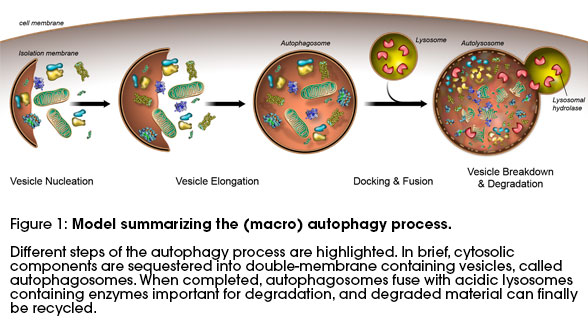
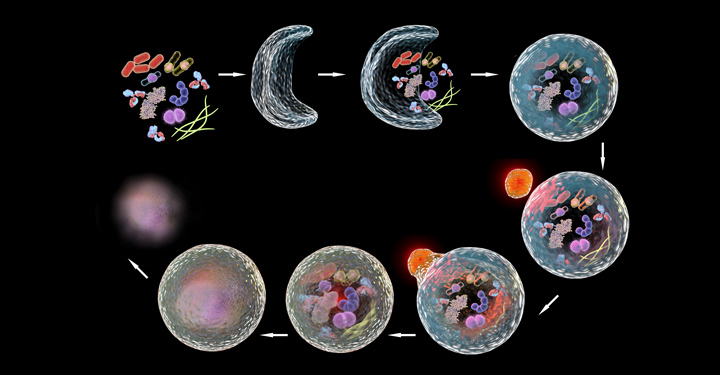 Jan 3, 2024
Jan 3, 2024New roles for autophagy genes in cellular waste management and aging
Jan 3, 2024Autophagy genes help extrude protein aggregates from neurons in the nematode C. elegans.
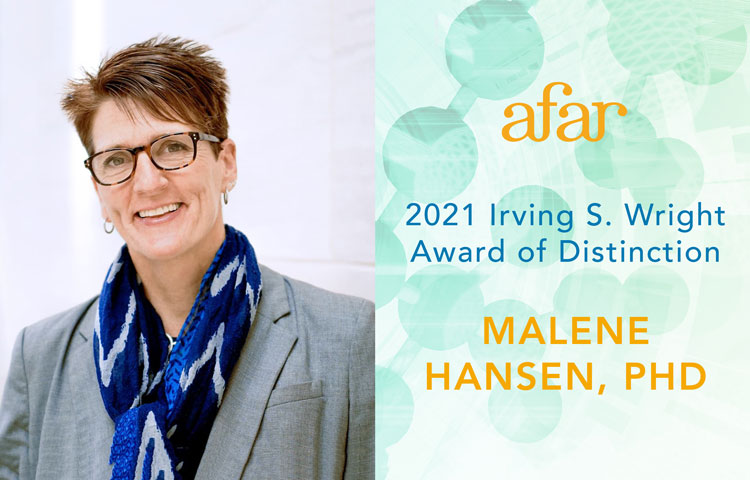
 Jun 21, 2021
Jun 21, 2021Researchers dig deeper into how cells transport their waste for recycling
Jun 21, 2021Findings may have important implications for understanding age-related diseases Scientists at Sanford Burnham Prebys have gained a deeper insight into…
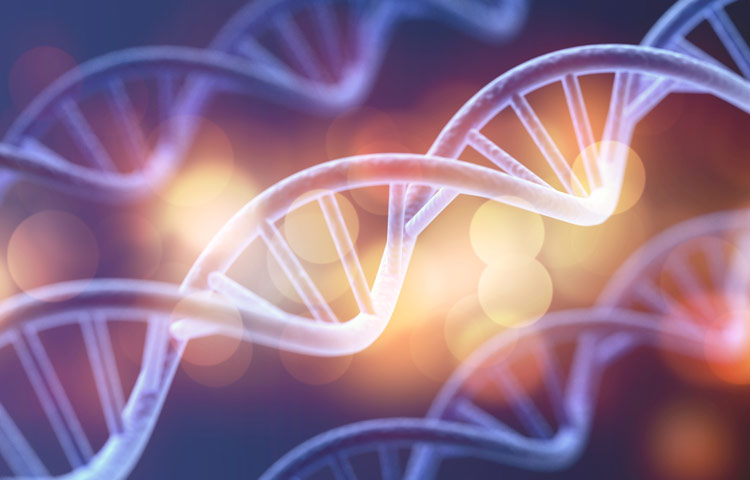 Sep 22, 2020
Sep 22, 2020Top San Diego researchers receive $5 million to study cellular aging
Sep 22, 2020Professors Peter Adams, PhD, and Malene Hansen, PhD, of Sanford Burnham Prebys will lead key research and development cores Sanford…
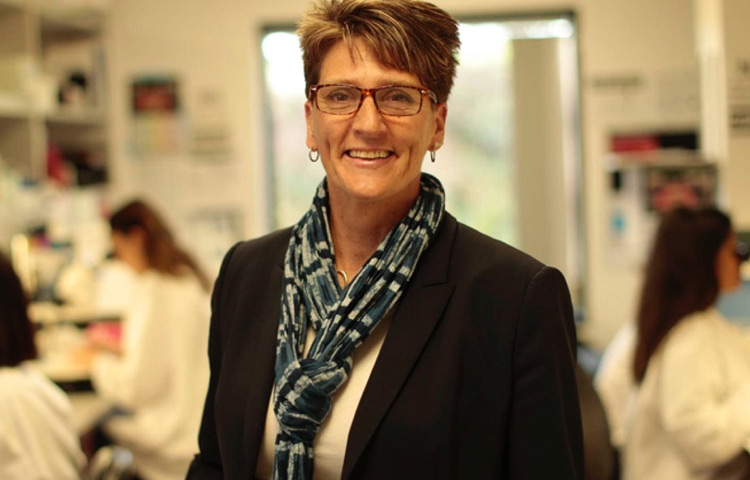 Sep 21, 2020
Sep 21, 2020Dr. Malene Hansen receives 2020 BIG Award
Sep 21, 2020Hansen is the first scientist to receive grants in four different award categories offered by AFAR Malene Hansen, PhD, has…
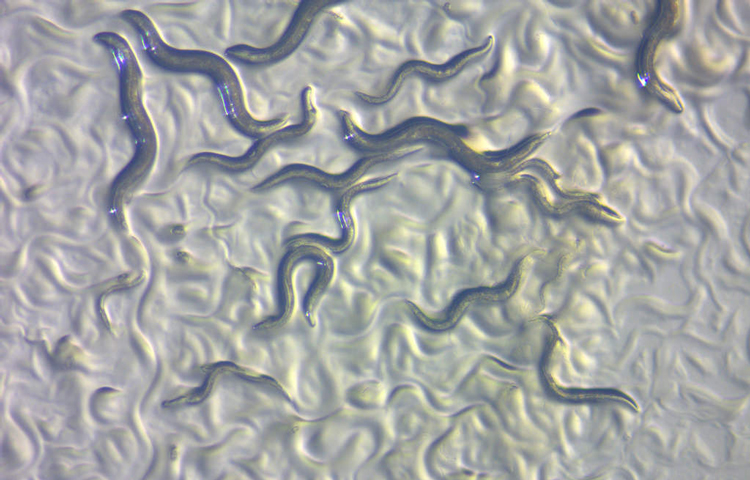 Dec 10, 2019
Dec 10, 2019The secret to a long life? For worms, a cellular recycling protein is key
Dec 10, 2019The discovery could help uncover treatments for age-related conditions which are often caused by accumulation of misfolded proteins. Scientists at…
